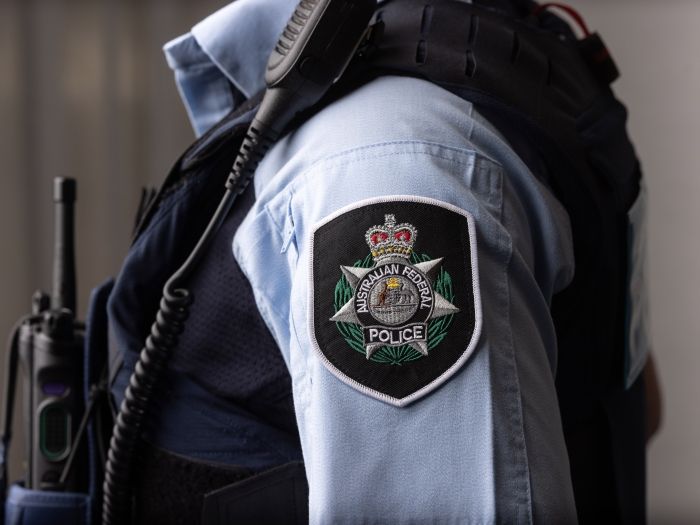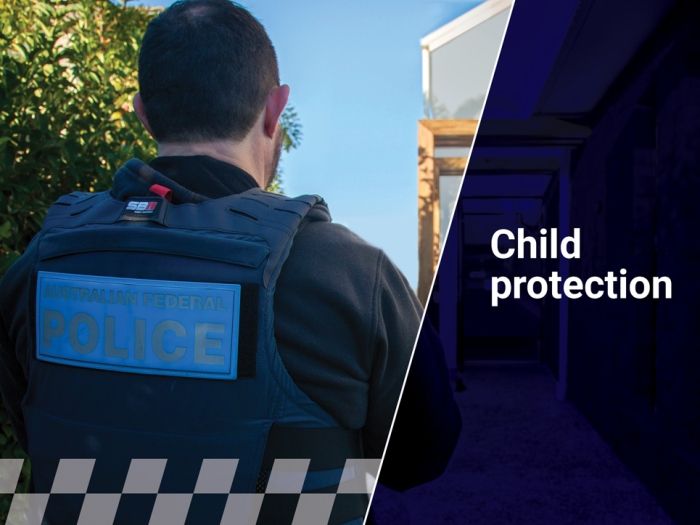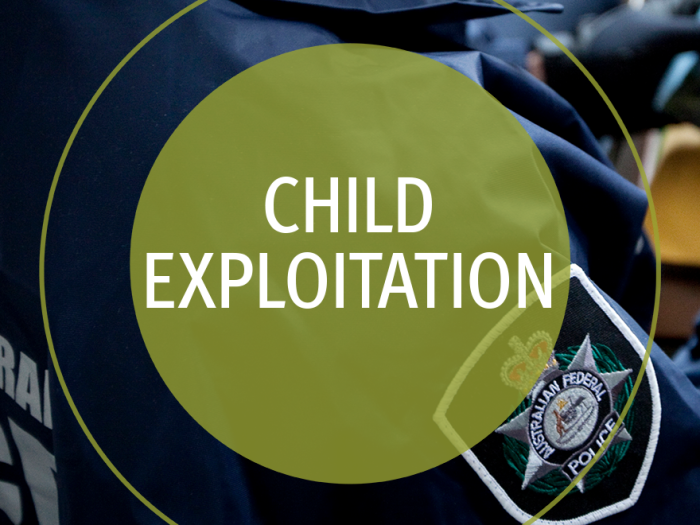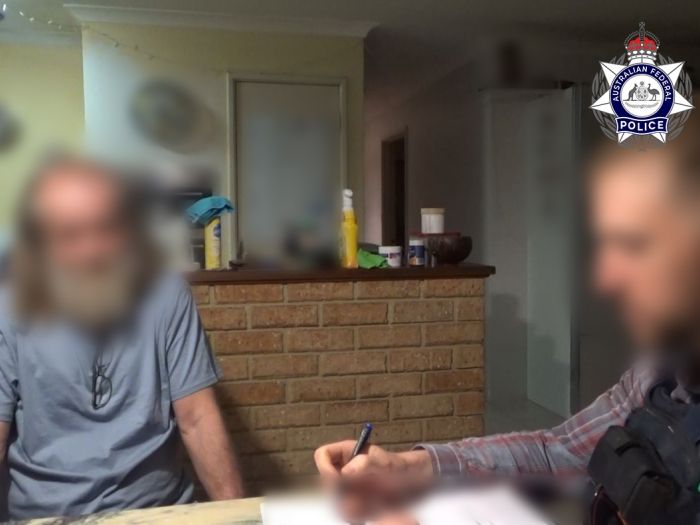Melbourne man sentenced to six years jail for online child abuse offences
This is a joint release between the Australian Federal Police and Victoria Police
A Melbourne man has been jailed for six years and three months, with a non-parole period of four years, for child abuse material-related offences.
The man, 49, was sentenced by the County Court of Victoria yesterday (18 December, 2024) for seven offences relating to possessing, soliciting and accessing child abuse material online.
The Victorian Joint Anti Child Exploitation Team (JACET) arrested the man in December, 2022, after investigating a report from the United States' National Center for Missing and Exploited Children about an Australian user transmitting child abuse material online.
Police linked the man to the illegal online activity and executed a search warrant at his Berwick home on 14 December, 2023, where they found child abuse material on two mobile phones.
After further digital forensic analysis of seized electronics, investigators located more than 250 images containing child abuse material.
Investigators also found evidence the man had paid for child abuse content with gift cards in an attempt to avoid police scrutiny.
The man was charged and pleaded guilty to:
- One count of using a carriage service to solicit child abuse material - contrary to section 474.22(1) of the Criminal Code Act 1995 (Cth);
- One count of possessing/controlling child abuse material using carriage service - contrary to section 474.22A(1) of the Criminal Code Act 1995 (Cth);
- Four counts of using a carriage service to transmit child abuse material contrary to section 474.22(1) of the Criminal Code Act 1995 (Cth); and
- One count of using a carriage service to cause child abuse material to be transmitted to himself contrary to section 474.22(1) of the Criminal Code Act 1995 (Cth).
AFP Detective Superintendent Bernard Geason said anyone who viewed images and videos of children being sexually abused was committing a crime.
"The AFP and its partners, across Australia and overseas, are committed to protecting children and prosecuting anyone involved in their harm," Det-Supt Bernard Geason said.
"Children are not commodities to be used for the abhorrent gratification of sexual predators and the demand for videos and images depicting abuse contributes to the physical harm and torture of innocent children."
The AFP and its partners are committed to stopping child exploitation and abuse and the Australian Centre to Counter Child Exploitation (ACCCE) is driving a collaborative national approach to combatting child abuse.
The ACCCE brings together specialist expertise and skills in a central hub, supporting investigations into online child sexual exploitation and developing prevention strategies focused on creating a safer online environment.
Members of the public who have information about people involved in child abuse are urged to contact the ACCCE. If you know abuse is happening right now or a child is at risk, call police immediately on 000.
If you or someone you know is impacted by child sexual abuse and online exploitation, support services are available.
Research conducted by the ACCCE in 2020 revealed only about half of parents talked to their children about online safety. Advice and support for parents and carers about how they can help protect children online can be found on the ThinkUKnow website, an AFP-led education program designed to prevent online child sexual exploitation.
For more information on the role of the ACCCE, what is online child sexual exploitation and how to report it visit the ACCCE website.
Note to media
Use of term 'CHILD ABUSE' MATERIAL not ‘CHILD PORNOGRAPHY’
The correct legal term is Child Abuse Material – the move to this wording was among amendments to Commonwealth legislation in 2019 to more accurately reflect the gravity of the crimes and the harm inflicted on victims.
Use of the phrase ‘child pornography’ is inaccurate and benefits child sex abusers because it:
- indicates legitimacy and compliance on the part of the victim and therefore legality on the part of the abuser; and
- conjures images of children posing in 'provocative' positions, rather than suffering horrific abuse.
Every photograph or video captures an actual situation where a child has been abused.





